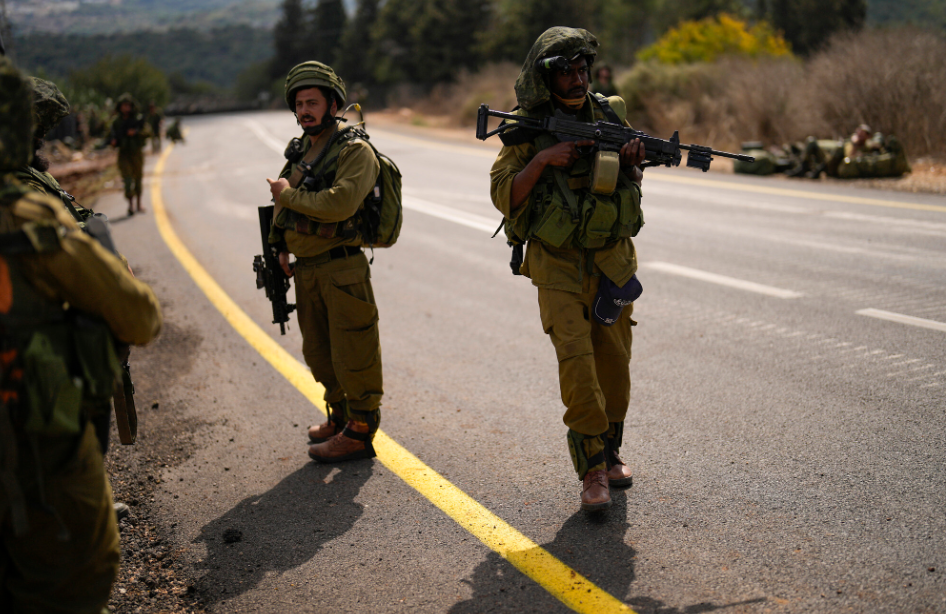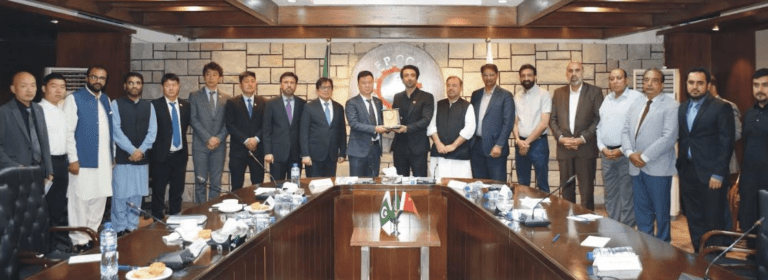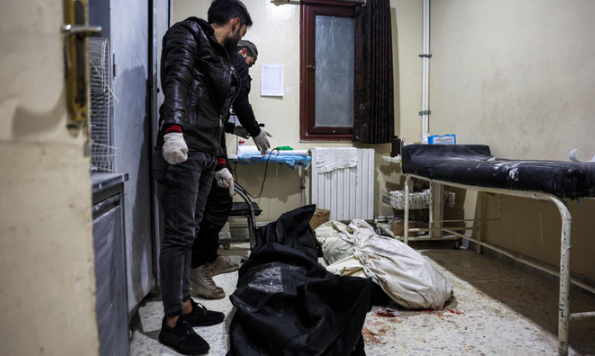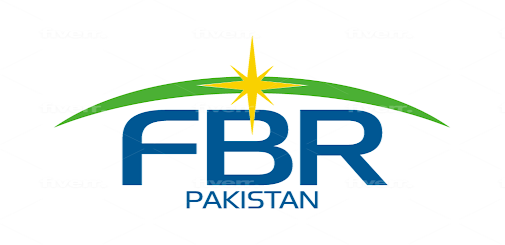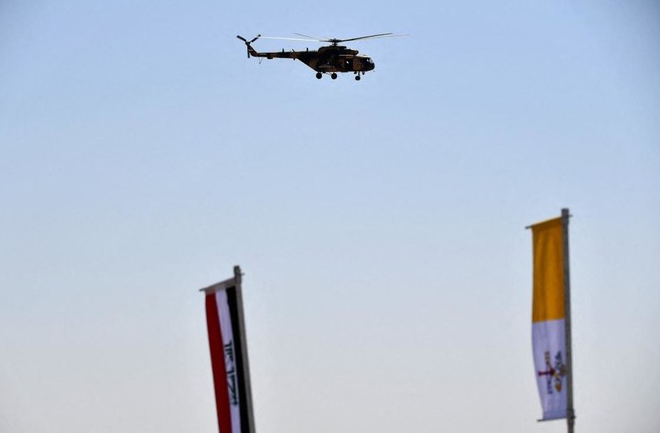Hezbollah Strike Injures Nine Israeli Soldiers, Army Reports
The widening scope of the conflict is evident as various incidents unfolded in different regions. Yemen’s Houthi militia, backed by Iran, claimed responsibility for a missile strike on a container ship in the Red Sea and attempted drone attacks on Israel. These actions were framed as retaliatory measures against Israel’s offensive in Gaza. An Israeli airstrike further escalated tensions by targeting a senior leader of Iran’s Revolutionary Guards in Syria.
On the Lebanon border, Hezbollah fired anti-tank missiles at a church, resulting in injuries to nine Israeli soldiers and a civilian. Subsequently, rockets were launched from near a mosque, prompting retaliatory airstrikes. Meanwhile, in India, an explosion near the Israeli embassy in New Delhi added another layer of complexity, though no embassy staff were reported injured.
Israeli Defense Minister Yoav Gallant underscored the multi-front nature of the conflict, citing theaters of engagement in Gaza, Lebanon, Syria, the West Bank, Iraq, Yemen, and Iran. This underscores the broadening regional impact of the ongoing hostilities.
Amidst international calls for de-escalation, the United States has openly urged Israel to transition to a more targeted approach, emphasizing raids on Hamas leaders. However, the U.S. is still perceived as a supporter of Israel, and recent attacks by Iran-backed militants on U.S. forces in the Middle East further highlight the intricate geopolitical dynamics at play.
In Washington, Israeli Minister of Strategic Affairs Ron Dermer engaged in discussions with U.S. Secretary of State Antony Blinken and national security adviser Jake Sullivan. The talks covered various aspects of the conflict, including strategies for the return of hostages. Despite diplomatic efforts, the situation remains volatile, with the potential for further escalation and a deepening impact on regional stability.
As the conflict unfolds on multiple fronts, the international community faces the challenge of addressing the complex web of geopolitical dynamics and humanitarian concerns. Efforts to mitigate civilian casualties, protect diplomatic missions, and promote dialogue for a sustainable ceasefire are imperative to quell the escalating tensions in the region. The situation continues to evolve, with the need for a comprehensive and coordinated international response becoming increasingly apparent.
